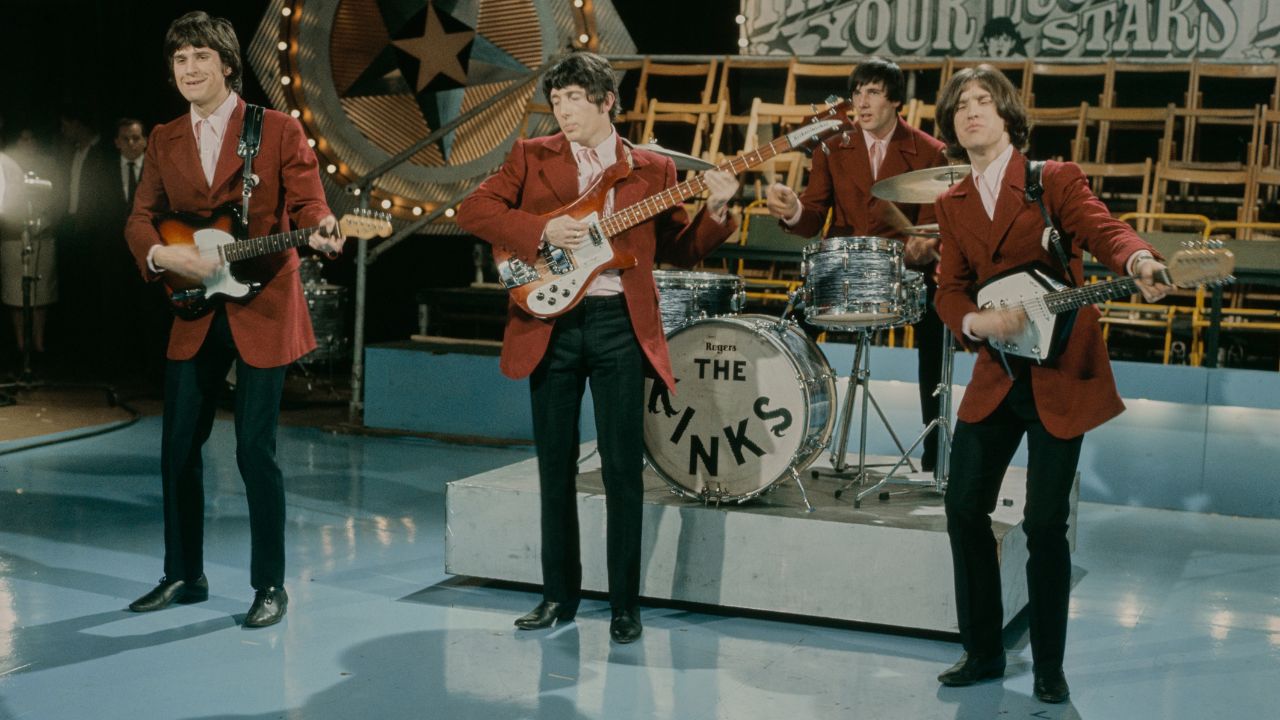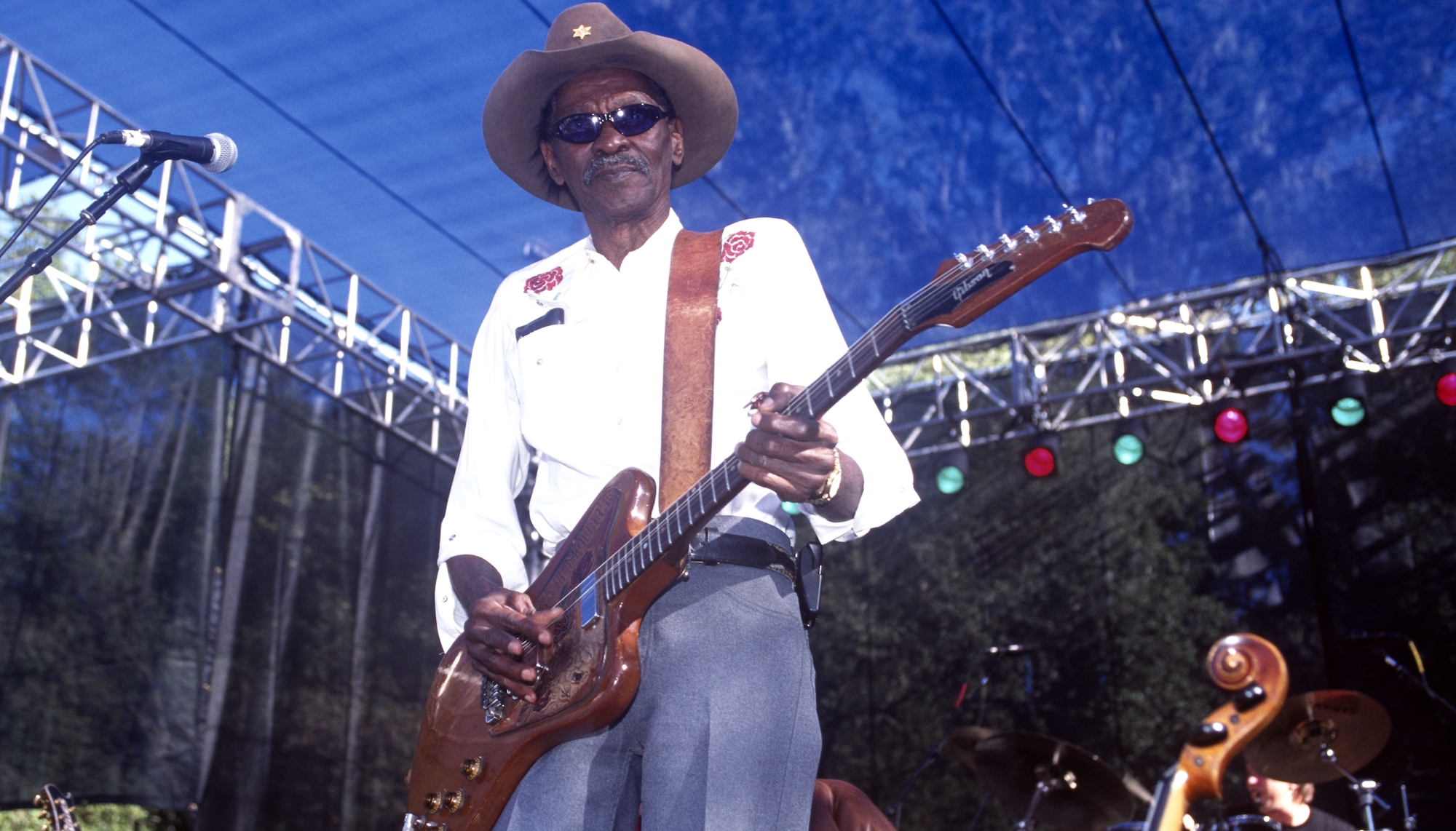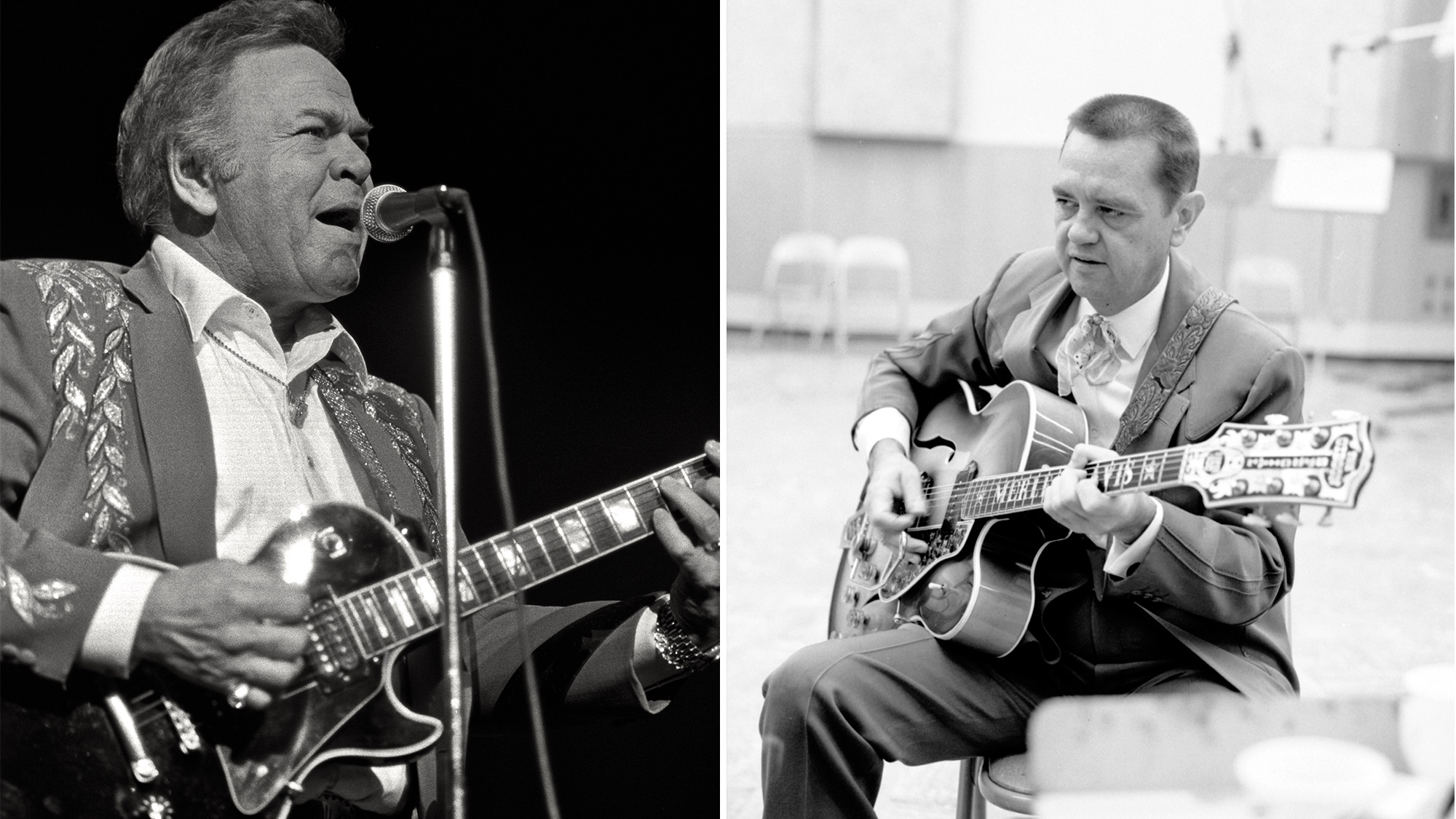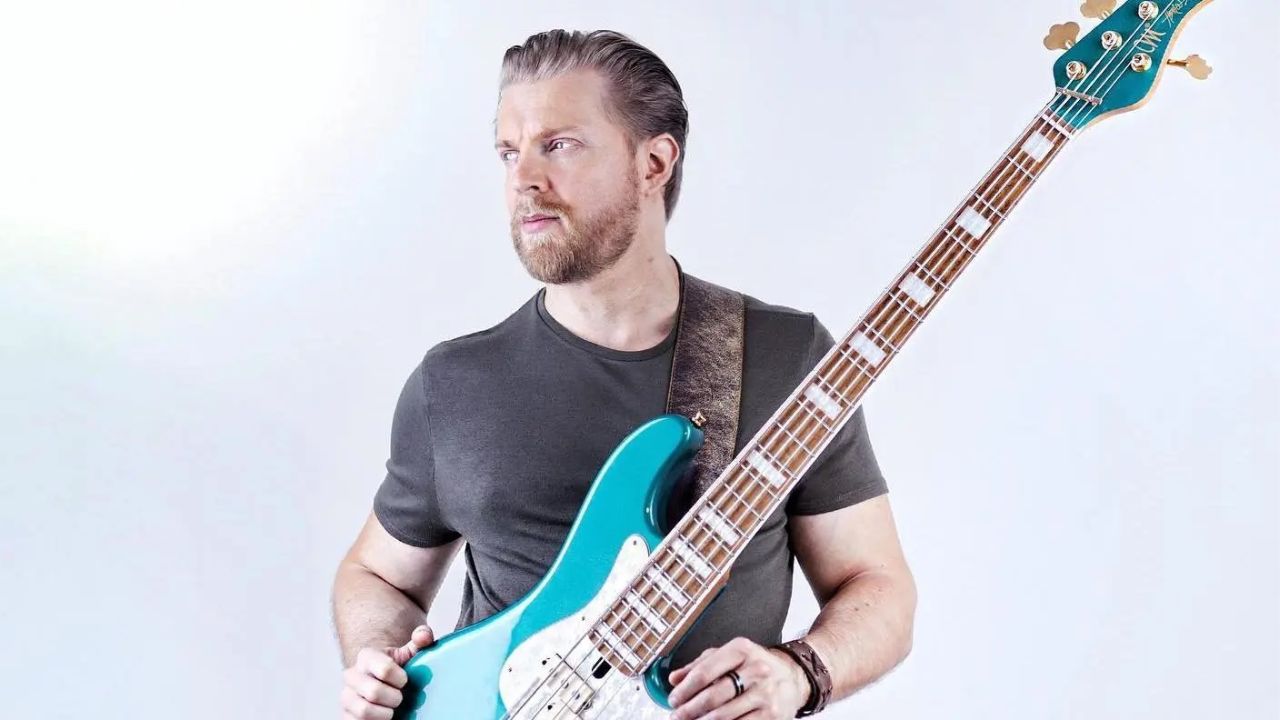Interview: Aaron Moreland of Moreland & Arbuckle on Cigar Box Guitars and Their New Album, 'Just A Dream'
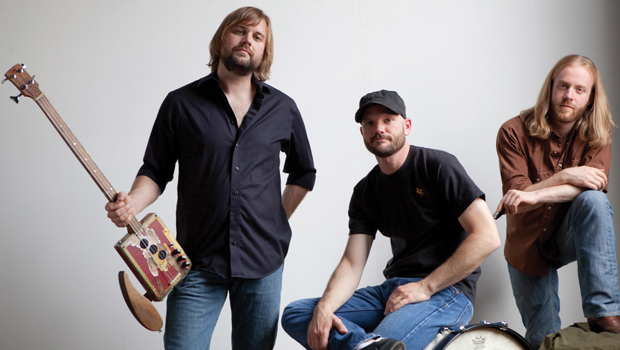
Moreland & Arbuckle have been exploring the depths of Delta blues fused with rock, folk, country and soul for 10 years now, a journey that took them to Iraq to play for troops in 2008 and on tours with George Thorogood, ZZ Top, Buddy Guy and Jonny Lang.
The band's newest album, Just A Dream, focuses on the rock aspect of blues, making Moreland & Arbuckle's sound louder and more intense while still mainting their bluesy roots. The album has a track featuring legendary guitarist Steve Cropper, creater of Booker T. & the MG's and member of the Blues Brothers (among other things).
Guitarist Aaron Moreland's guitar collection features a unique cigar-box guitar made for him by a friend. It features three strings feeding into a guitar amp and one that plugs into a bass amp.
Moreland talked to Guitar World after just returning from the Canadian leg of the band's extensive tour about the band's album coming out August 23, the cigar-box guitar, and the state of blues today.
What was the focus for your new album, Just A Dream? Was there any particular themes or styles you felt intent on exploring with this album?
Well, I think our style's always been pretty eclectic. We had a lot of different things we were really into. Stylistically we haven't tried to change what we've been doing lately. The tunes we've been doing have been a bit more rock. This is by far more of a rock record than we've ever made. One theme I've tried to take as a producer is to take everything up production-wise and keep the raw sound.
How did you get into playing your cigar box guitar? How many of them do you have, and how often do you use them when playing live?
Get The Pick Newsletter
All the latest guitar news, interviews, lessons, reviews, deals and more, direct to your inbox!
It was total accident. It was a complete freak incident. We were playing on the street in Helena, Arkansas, at the King Biscuit Blues Festival, and this guy walked up to me and started talking to me and he had a cigar-box guitar that he had built, and he wanted me to sign it. He had all the artists signing it. We just started talking and became friends and he built me one. It's a weird thing, I had been playing guitar for a long time and the minute I picked it up, I could play it.
What made you gravitate toward the blues? Where do you feel the genre is at today? Is there anything coming out that has impressed you?
I grew up listening to classic rock primarily. Led Zeppelin has been unquestionably my favorite band ever, and they're super blues-infused. When I was in college I borrowed a Library of Congress pre-war blues catalog, and there was a copy of Son House's “Death Letter Blues,” on it and it totally blew me away. I remember just thinking, “Man, this is so powerful. I'm gonna tune my guitar to open, pick up a slide and figure out the way they did this." There are so many paths you can take, but that's the one common theme. Thank god the Black Keys are popular, because they are as blues-influenced as you get.
Your thoughts on the current blues scene?
The honest answer to that is I'm having a hard time coming up with other blues acts I'm just in love with. I don't know where it's headed because most people who are under 40 aren't blues fans. Most fans became blues fans from listening to Led Zepplin back in the early '60s and '70s. Blues doesn't permeate mainstream music now the way it did 30 or 40 years ago, and most blues fans are of an older generation at the current time.
I don't want to sound like a cynical dick, though. There are still some great acts — everything's cyclical and I believe that cycle will turn. Charlie Parr is one of my favorites, and I really like the North Mississippi Allstars.
Really, it comes down to two different categories: The main two I like to talk about are blues-rock acts that are doing stuff like we're doing, and the North Mississippi Allstars and the Black Keys to some extent, although they've pushed into hip-hop and electronic too, who are doing things and pushing blues in a new direction. And then you have people who are traditionalists; they're preserving a tradition. Chicago has bands out there like Magic Slim; they're Chicago blues players preserving the Chicago tradition, which is important and needs to be done. However, equally important is moving everything forward.
What's the song writing process like between you and vocalist Dustin Arbuckle? Do you write collaboratively or do you go off and do your own things?
Pretty closely. Typically I come up with a riff or a musical idea and he tends to write the words. I'll help with words sometimes and he'll help on the music side, but primarily the duties are pretty split with me handing music, composition, hooks, riffs and him writing the words.
What has it been like touring with legends like George Thorogood and ZZ Top? Did you learn anything that kind of surprised you?
You know, George came out one day when we were doing a sound check and played my guitar for a really long time and totally went off on my Les Paul about how great a guitar it was. He told me, “You know, most people think Chuck Berry didn't play slide guitar, but he did in one tune. This is the tune,” and he showed me that tune. They didn't really sit down with us and go, “Here's what you need to do.”
What I really learned around acts like that is how to put on the best show possible and push forward as an entertainer to connect with those real large crowds. It's a big difference playing in those clubs with 75 people than concert halls with 2,500. More than anything, how to put on a good show and engage with those larger audiences.
How did Steve Cropper get involved with Just A Dream?
We met Steve at a wedding we were attending in Chicago, and we just really seemed to hit off. A couple days after the wedding he sent an email that had a tune that he thought had potential for us to cover, which turned out to be “White Lightning.” We reworked the tune and kind of changed it, and he liked it and told us if we put it on the album, he'd play guitar on it. He's a super-nice guy and you'd be hard pressed to find any more important electric players. He's definitely in the top three of all time electric guitar players.
What is something you're really proud of about your new album? Anything you feel just really clicked this time around?
I think the quality of the sounds and the way that we put it all together. I think at this moment in time, we couldn't have made a better record than we did given the resources we had. We got it pressed on vinyl and once I had it on my record player, listening to vinyl, they just don't compare quality wise. Once I heard it on vinyl, I'm just like, “Damn,” I'm just really impressed about it. There's nothing like vinyl. I'm looking forward to selling them at shows because people who are into vinyl pay attention to that. I lost track for a large part of my adult life of how vinyl sounds.
What are your favorite guitars -- besides the cigar box -- to take on the road?
Really, I have three. I have a Goldtop Gibson '56 reissue I've been loving the hell out of. The most versatile electric guitar I have, that I never leave at home anymore, is a Gibson SG. And it was originally the Robot SG -- the robot was a guitar that tuned itself. You pushed a button and it changed tunes. Of course, none of that stuff worked very well, so I pulled it all off and now it's just an SG. It's super versatile and I can get anything I want out of it. Another Les Paul '78 is the other one. Those are the three that I can't seem to leave alone for very long.
Any upcoming touring plans?
Oh yeah, we're going to be on the road real consistently for the rest of the year. A lot of dates kind of all over.
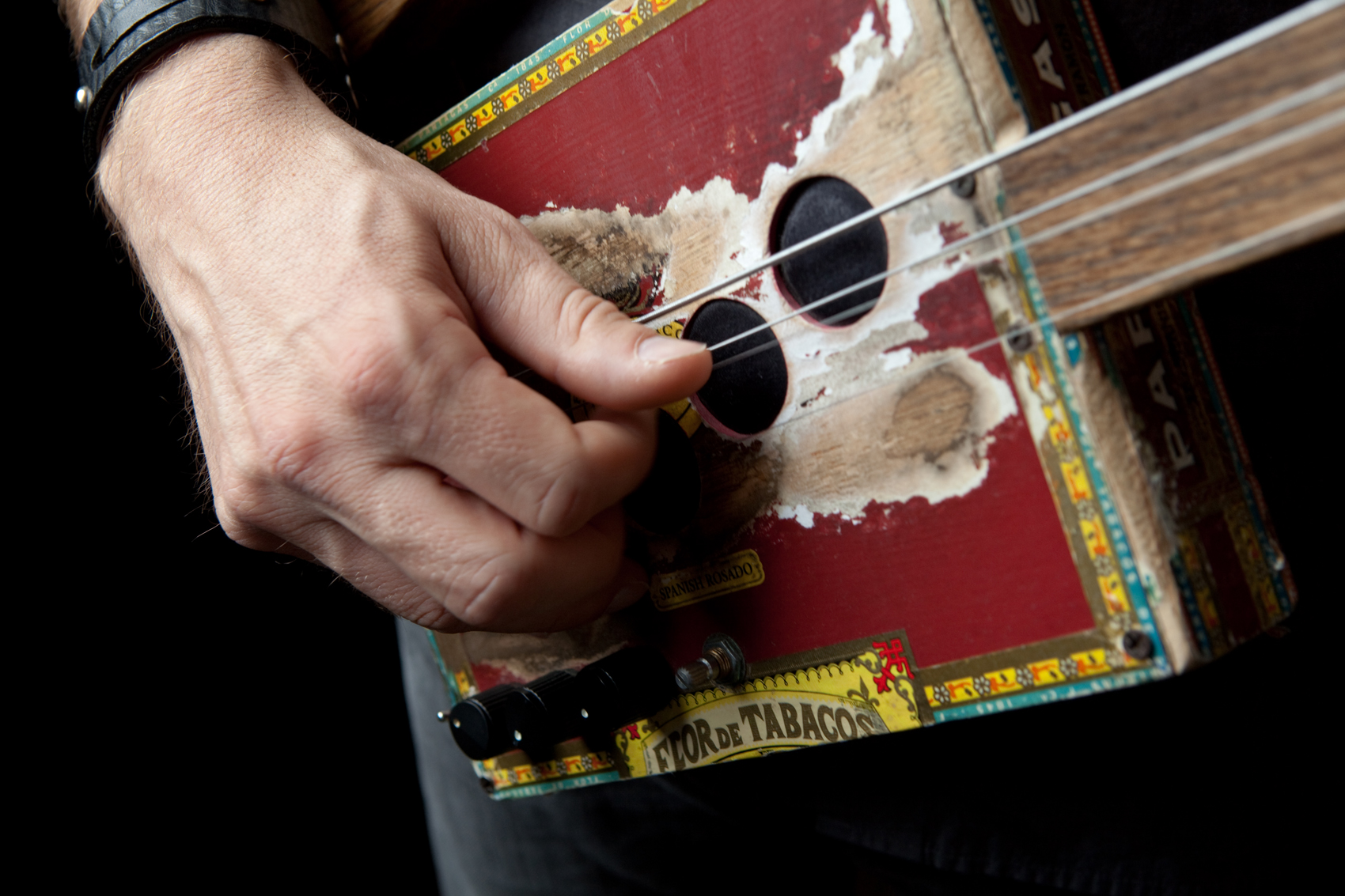
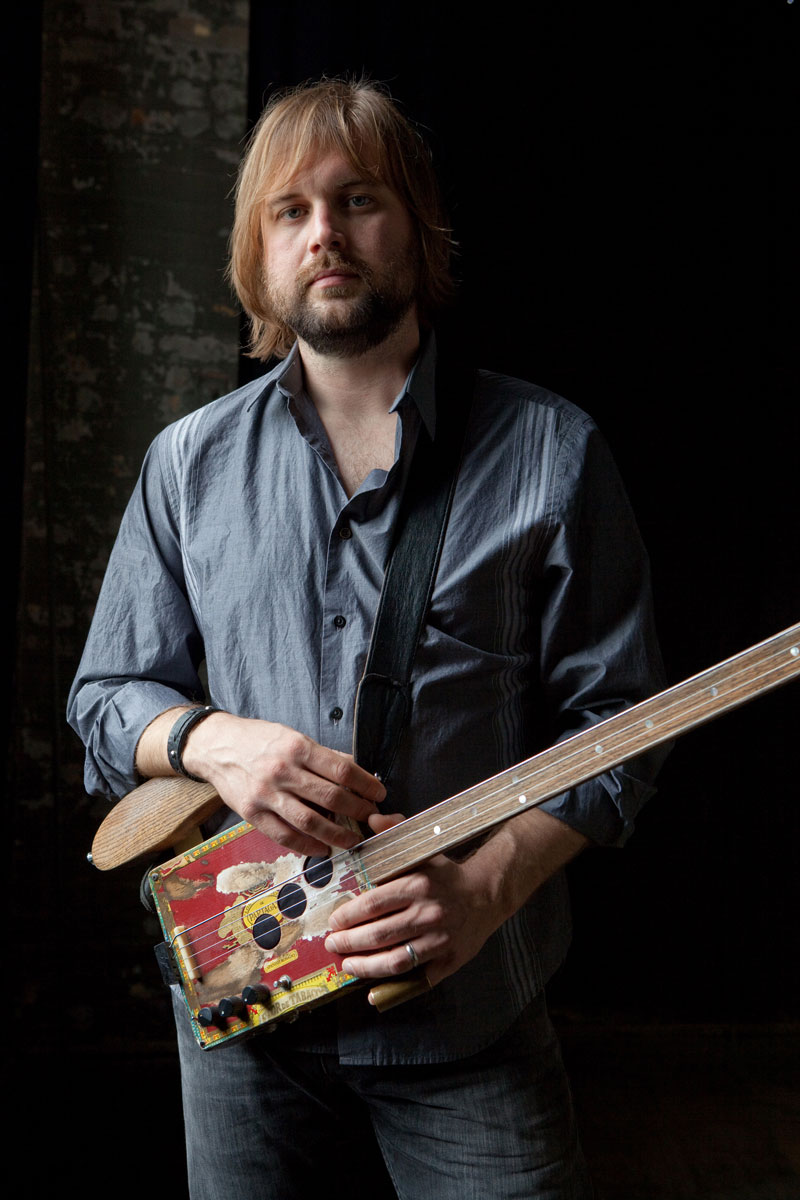
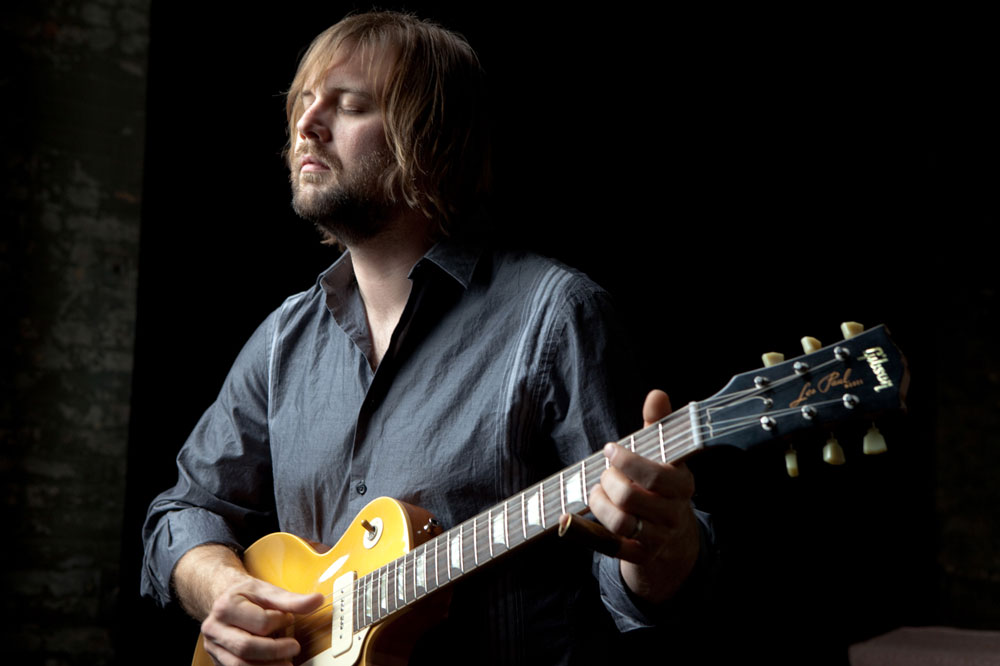
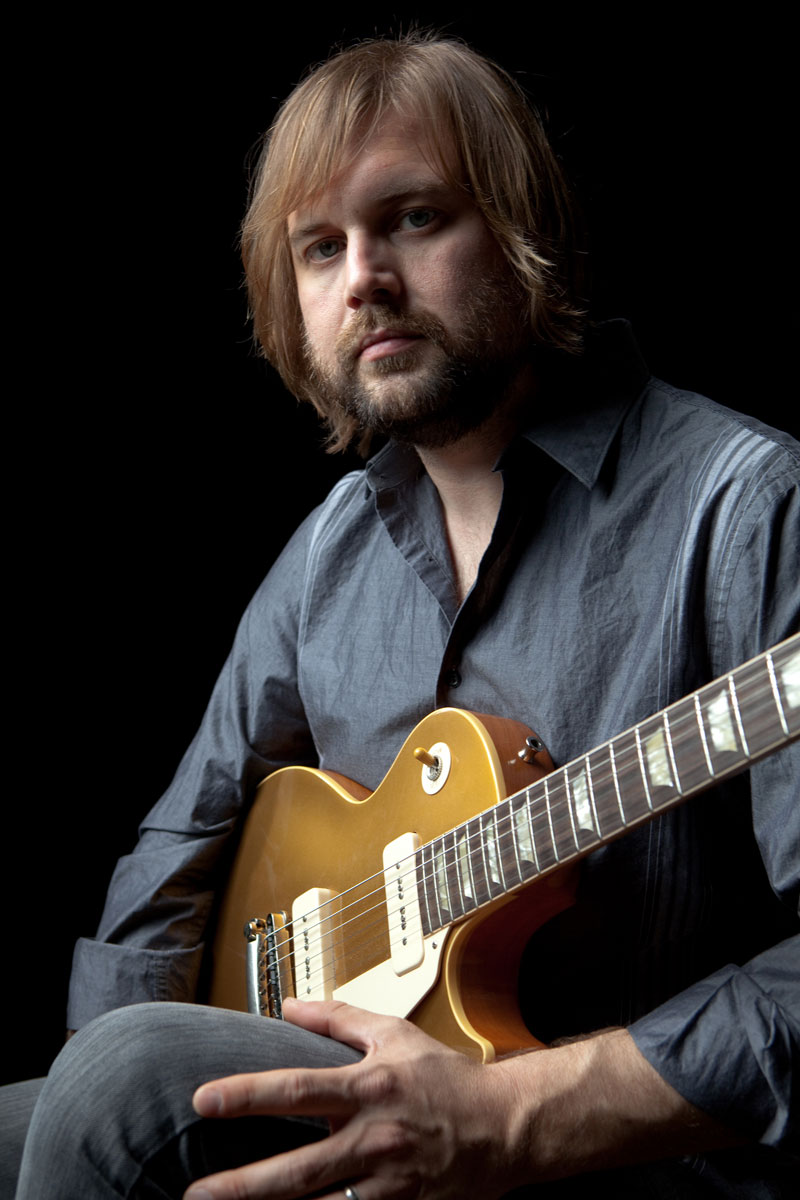
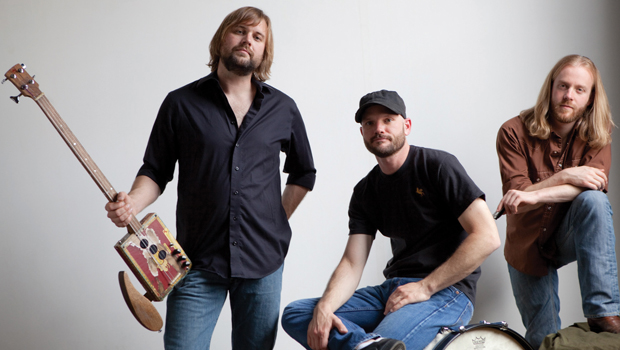
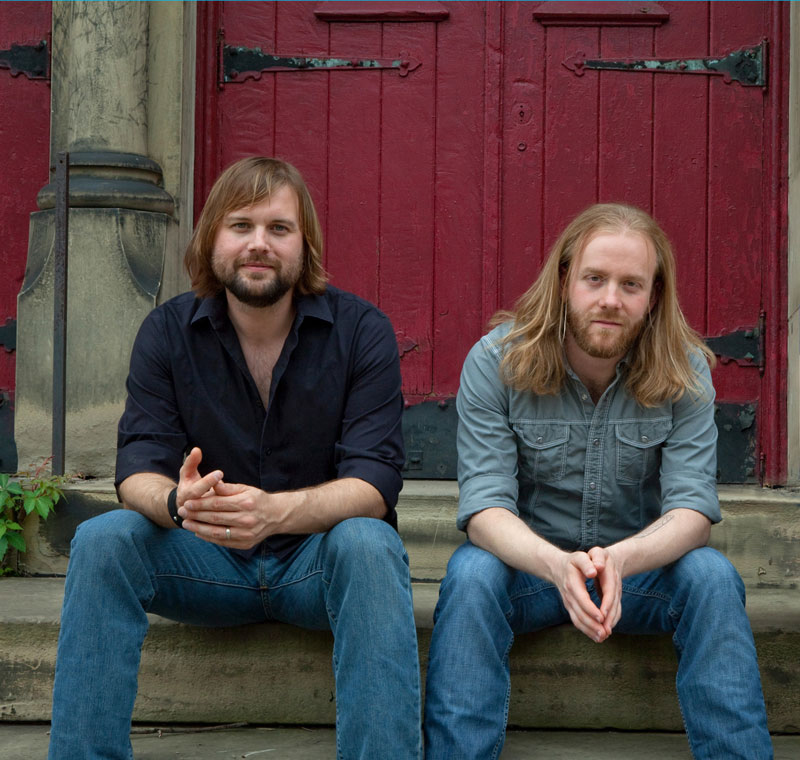
“Chuck Berry's not a very good guitar player. He's a clown. He runs all over the guitar, just like any one of these old rock players would do, and makes no sense”: Clarence “Gatemouth” Brown pulled no punches when speaking about his fellow guitar heroes
“I said, ‘Merle, do you remember this?’ and I played him his song Sweet Bunch of Daisies. He said, ‘I remember it. I've never heard it played that good’”: When Roy Clark met his guitar hero
